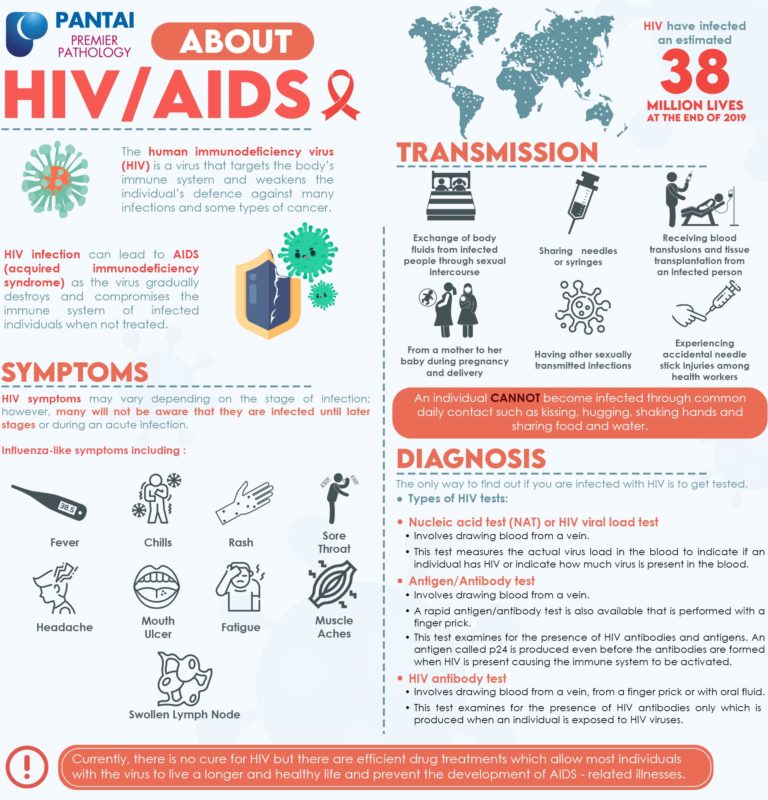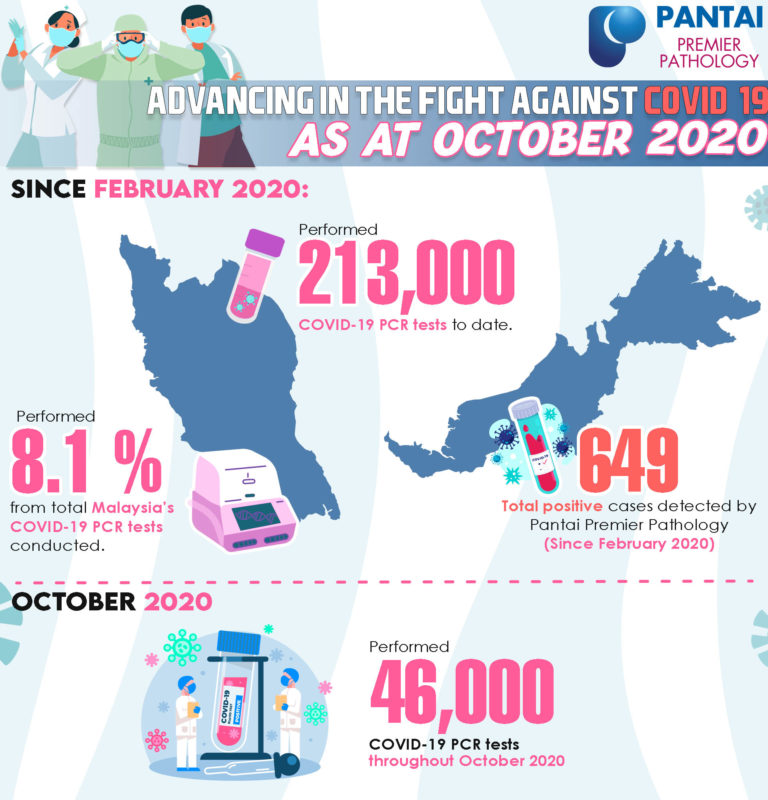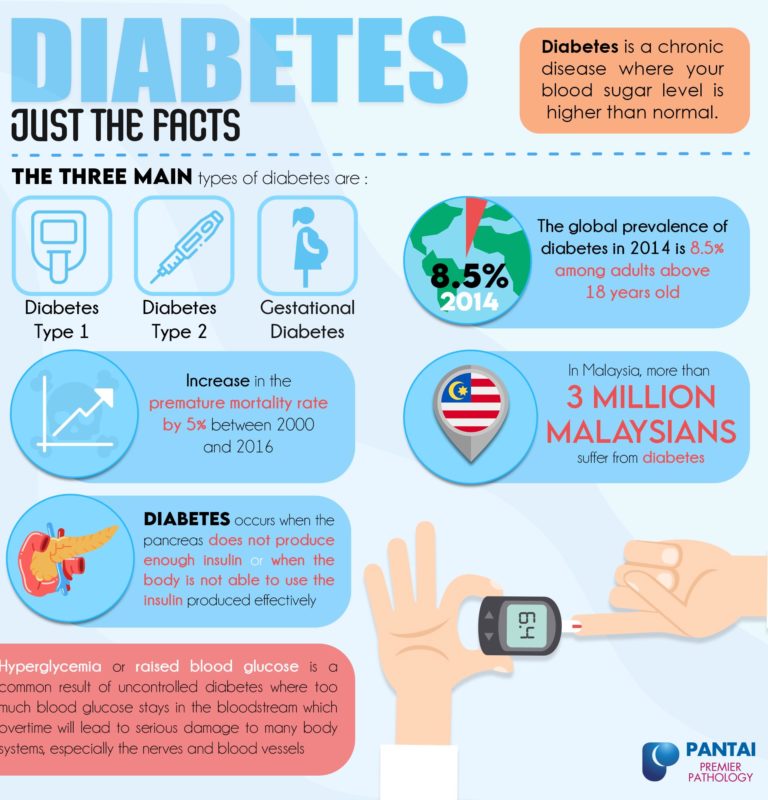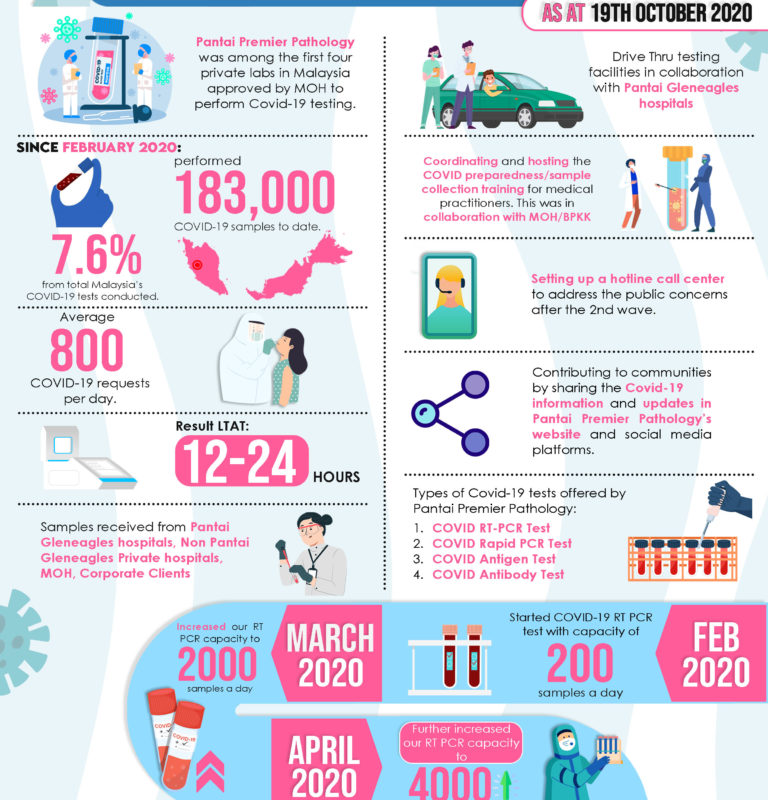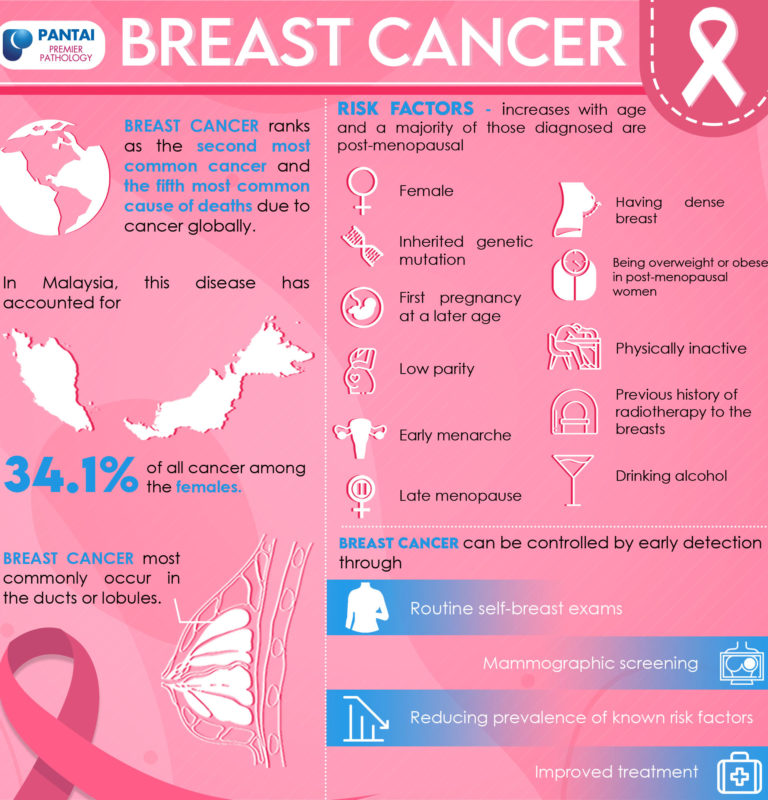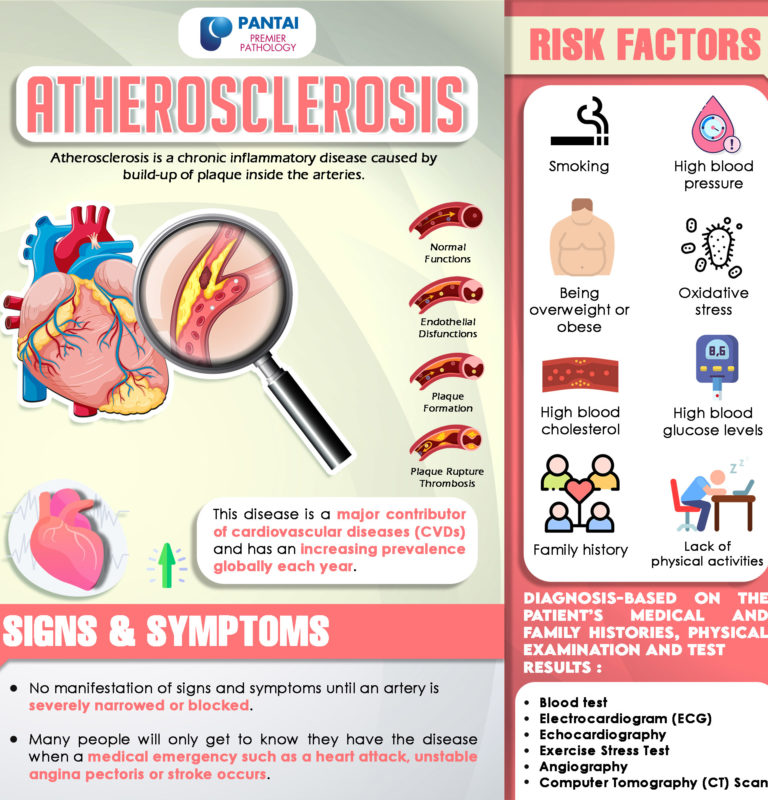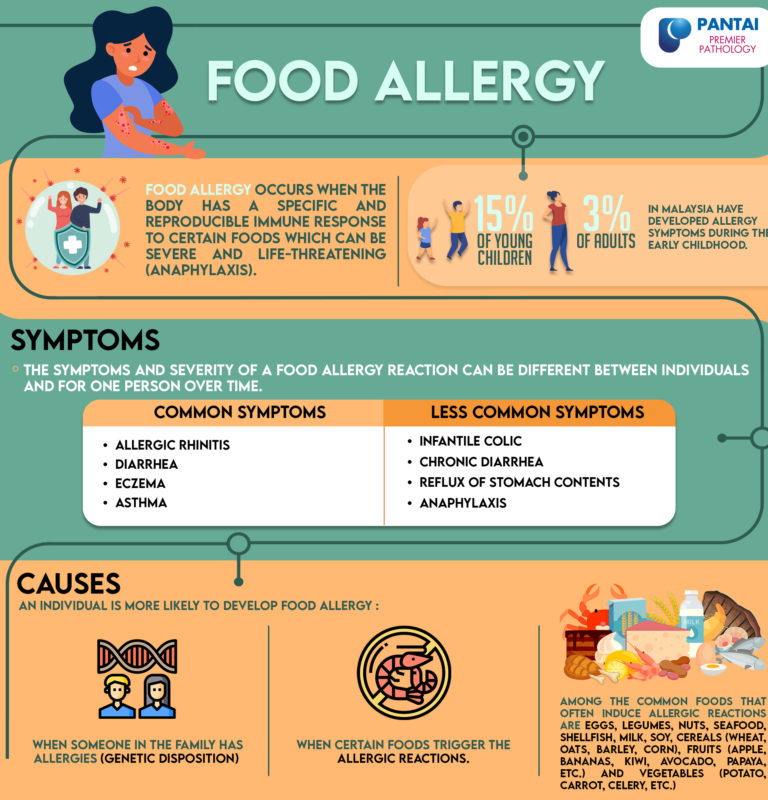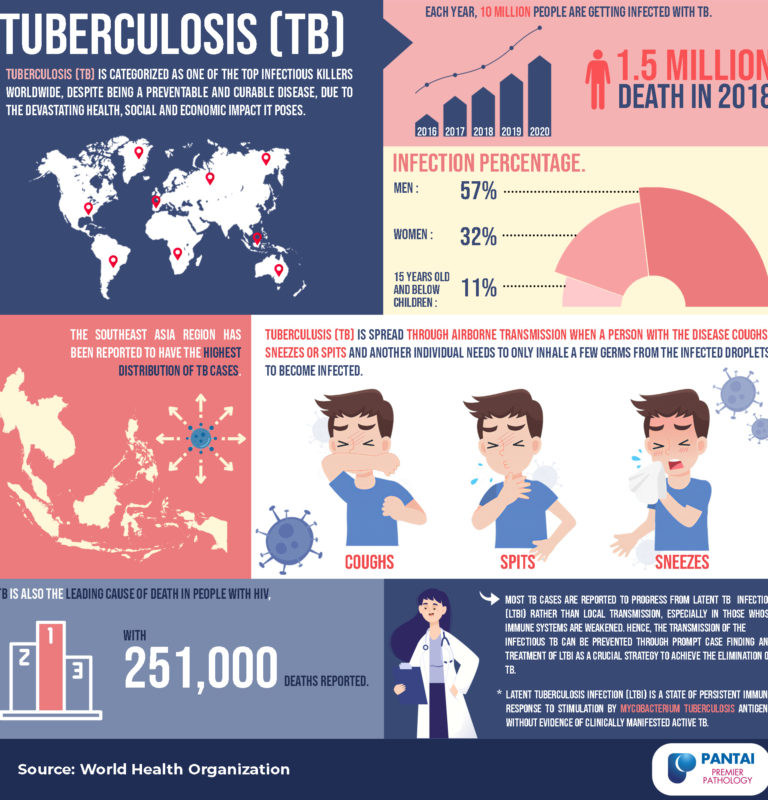The human immunodeficiency virus (HIV) is a virus that targets the body’s immune system and weakens the individual’s defence against many infections and some types of cancer. HIV remains as a major public health issue globally, having infected an estimated 38 million lives at the end of 2019.
Since February 2020 until October 2020, Pantai Premier Pathology has performed 213,000 of Covid-19 PCR tests overall which make it 8.1% from the total Malaysia’s total Covid-19 PCR tests conducted throughout Malaysia.
Diabetes is a chronic disease which affects how your body converts food into energy. It is a condition when your blood sugar level is higher than normal. The three main types of diabetes are diabetes type 1, type 2 and gestational diabetes.
Pantai Premier Pathology (PPP) was among the first four private labs in Malaysia approved by MOH to perform Covid-19 testing.
Cancer is the second leading cause of death worldwide which is responsible for an estimated 9.6 million deaths in 2018. Breast cancer ranks as the second most common cancer and the fifth most common cause of deaths due to cancer globally. In Malaysia, this disease has accounted for 34.1% of all cancer among the females.
Atherosclerosis is a chronic inflammatory disease caused by build-up of plaque inside the arteries. This disease is a major contributor of cardiovascular diseases (CVDs) and has an increasing prevalence globally each year.
Food allergy is a serious public health issue with an increasing prevalence that affects both the children and adults. It occurs when the body has a specific and reproducible immune response to certain foods which can be severe and life-threatening (anaphylaxis).
Noncommunicable diseases (NCDs), also known as chronic diseases, tend to be of long duration and are the result of a combination of genetic, physiological, environmental and behaviours factors.

